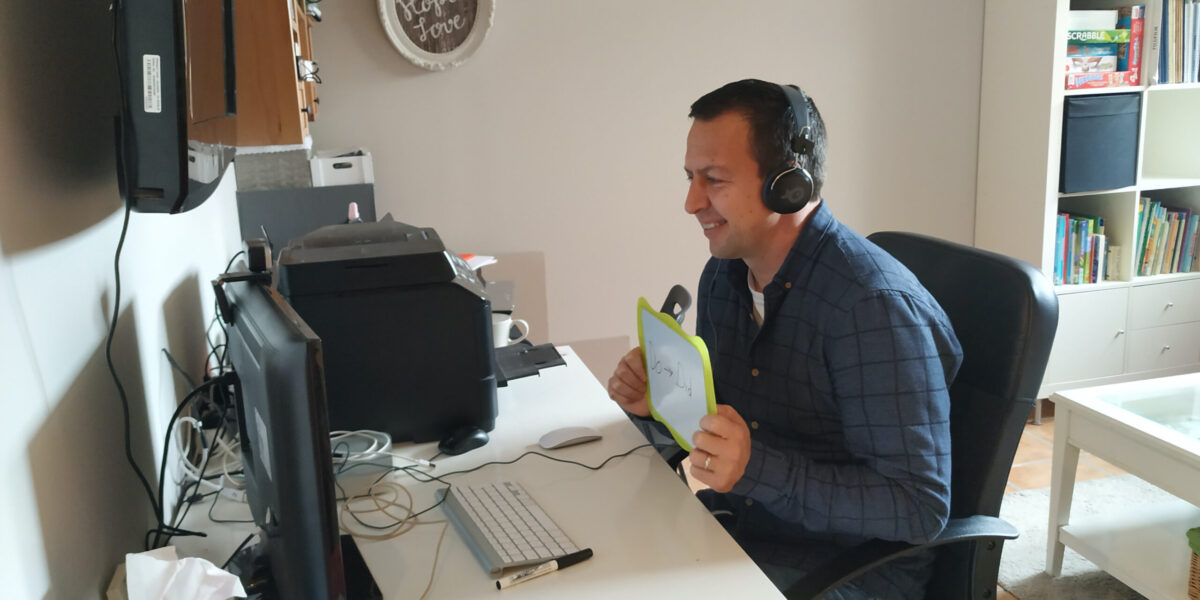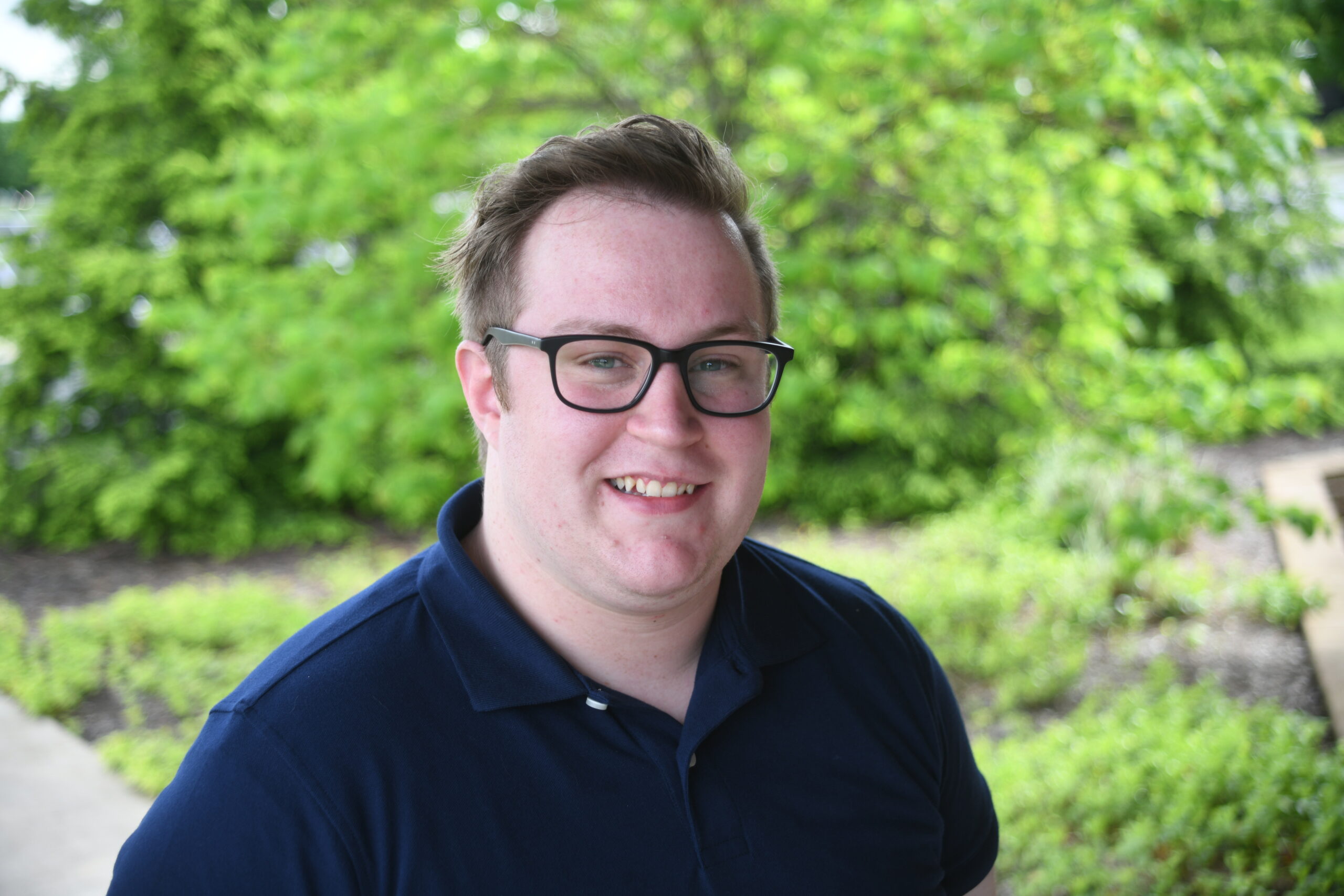The world has witnessed some especially difficult times in the past year. All of humanity’s institutions have been touched, if not shaken to their very core, by the events of 2020. The pandemic has shown us vulnerability, certainly. It has also shown us what it means to be resilient.
Resiliency is a good word for the human race during this time. Despite everything — all the hardships, all the strife — people have persisted. Mennonite Mission Network’s personnel and partners have also adapted to these new realities.
Burgos, Spain
Brian and Noelia Fox are great models of this resiliency. They have demonstrated creative partnering in their work with ministries in Burgos, Spain, where they serve with their daughters, Elisa, Mikaela and Norah. When the pandemic first hit, the Spanish government ordered a nationwide shutdown. This affected their church family at Iglesia Evangélica Comunidades Unidas Anabautistas (United Anabaptist Communities Evangelical Church). It also forced them to make changes in their after-school English academy, which is attended by more than 100 students.
After a few weeks of uncertainty, the Foxes facilitated online classes for their students. "This was all new, and we did have some difficulties the first couple of days," Brian Fox said. "But once we got going, we realized this could be the way for us to continue for the time being. While not every class has been a success, most classes have gone really well." The Foxes plan to finish the current school year with online classes.
Time spent in prayer has been the cornerstone of their resiliency during this time of pandemic. "Prayer has been something that has kept our community moving forward," Noelia Fox said. "At the beginning of the pandemic, our church had a 24-hour prayer chain, which lasted for several weeks."
In fact, one of the positive outcomes of the pandemic, Brian Fox said, was that their family and community spend more time in prayer now than they did before. They also have learned to live more in the moment. Since it’s nearly impossible to make plans, they live day by day and feel better for it.
"For me, resilience means faith," Noelia Fox said. "It means trusting God, even when things don’t make sense. It means praying for one another and encouraging one another to continue the race God has marked out for each one of us."

Due to the pandemic, the Wigginton Bravos’ ministries had to move online and away from the dinner table. The needs of brothers and sisters who did not have enough food on their own tables helped Peter Wigginton and the community come up with an initiative to produce healthy food locally, with the labor of the church community. This new garden has become a place for liturgy, since the church building itself is not a safe place to congregate, due to COVID-19. In these photos, Ecuadorian and refugee church members work outside and break ground together, excited that they are starting to produce food that will be shared over dinner tables. Photos by Peter Wigginton.
Quito, Ecuador
Another example of resiliency comes from Delicia Bravo Aguilar and Peter Wigginton, who serve in Quito, Ecuador, with their daughters, Aliyah and Ariana. Prior to the pandemic, they frequently travelled around their partnership area to do trainings and workshops with local community leaders. Bravo Aguilar worked with an after-school program.
Like most things during the pandemic, these ministries have shifted, as best they can, to being online. "A lot of [our] ministry was focused around dinner tables and sharing food or tea," Wigginton said. "This is obviously a lot more difficult since we haven’t been able to really leave home at all."
Instead, their ministries have prospered online. Bravo Aguilar has shifted some of her after-school programming to Zoom and WhatsApp. And Wigginton has worked virtually with the music ensemble from their church, Iglesia Cristiana Anabautista Menonita de Ecuador (Quito Mennonite Church). "This has been a great blessing," Wigginton said, "We’ve been able to include folks from other congregations, and even other countries, in these worship videos."
One of these videos, La bendición (The Blessing), served as Mission Network’s Christmas e-greeting.
The Wigginton Bravos improvised a lot during the pandemic and embodied resiliency by thinking of different ways to do ministry. They are also encouraging others to focus on these alternative ways of working. Staying connected with the community virtually, and even growing that community during a time when other people seem so far away — that’s more than resiliency. That’s the work of God.








